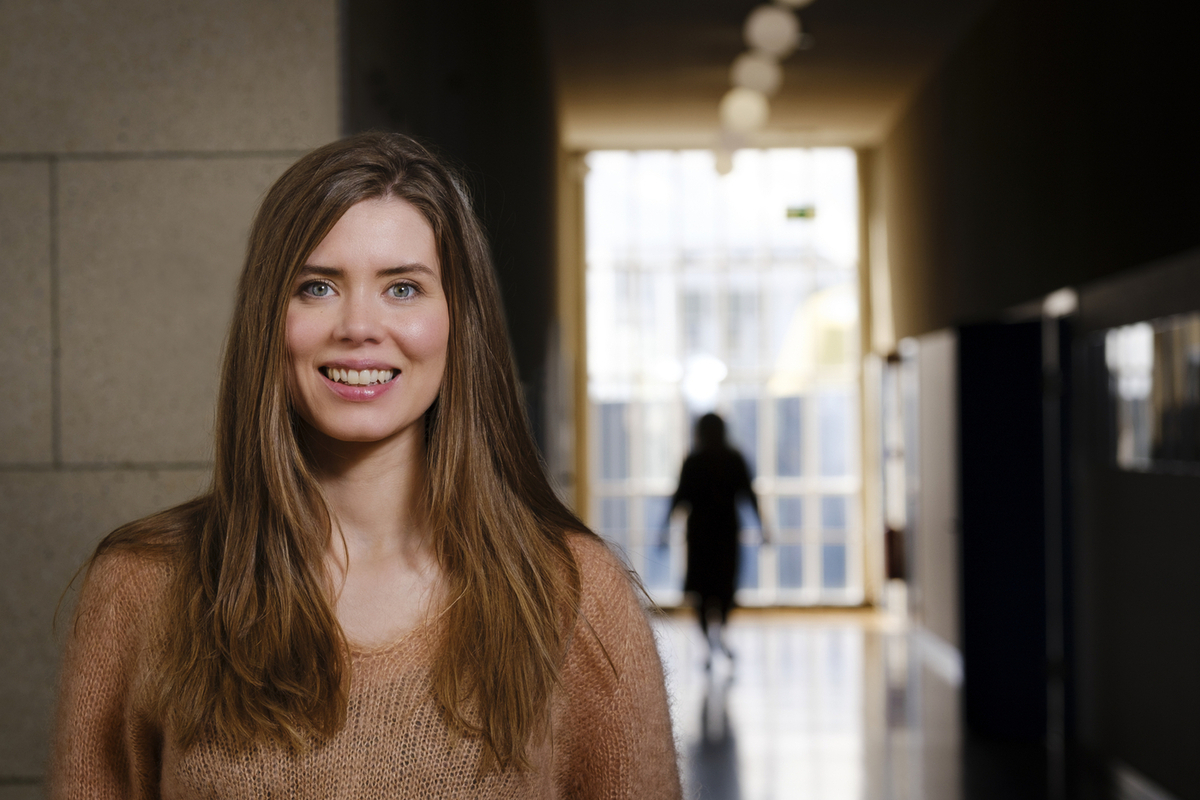"My research is focused on fathers who have been violent towards intimate partners. Their own perspectives on their actions, the process of stopping violent behaviour, and media coverage of fathers and violence," says Rannveig Ágústa Guðjónsdóttir, adjunct lecturer at the University of Iceland School of Education, explaining her current project which she has entitled "Fathers and violence". The study is part of a larger project aiming to map the perspectives of men with a history of violence using various different approaches.
Research of this kind is absolutely vital in Rannveig Ágústa's opinion, because the findings can help us identify solutions to improve the situation. "Sociological research generally enables us to assess a situation at a certain point in time, understand our reality and the society in which we live. By mapping problems, we have the opportunity to work with those problems and develop potential reforms and preventative measures."
Rannveig Ágústa explains that the importance of looking specifically at intimate partner violence from fathers is twofold. "Firstly, intimate partner violence is a gendered problem. The majority of perpetrators are men and many of these men are also fathers. Secondly, fathers as a group have proven particularly receptive to treatment, since their experiences as fathers can motivate them to change."
Experienced in intimate partner violence research
"I have previously researched sexual violence in intimate teenage relationships, looking at the experiences of the victims. I have also looked at the experiences of the victims of sexual bullying in Icelandic schools. So I have that background in gender studies. I also see the importance of understanding the perpetrator's perspective, especially where it could provide insight into potential reforms."
Rannveig Ágústa adds that she has also researched the work culture within the police force, specifically in light of ideas about masculinity. "I have that experience of investigating the masculinity angle, which was useful for this particular project."
Looking for ways to reduce violence
Rannveig Ágústa has now analysed the media coverage of fathers and violence. A striking feature of the coverage is that violence is presented as a specific personality trait which separates fathers with histories of violence from the dominant discourse about good, involved fathers in the Nordic countries.
"When analysing the interviews I took with fathers who have been violent, I looked in particular at the fathers' discomfort, the insight this provides into the identity crisis they face, the barriers to taking responsibility for their actions and the way that discomfort can give them an opportunity to change."
Research aligns with the SDGs
The strategy of the University of Iceland places strong emphasis on the UN Sustainable Development Goals, not least in the context of research at the University. Rannveig Ágústa argues that the goals of her research are directly connected to two of the SDGs.
"Here I'm referring to Goal 5 and Goal 16. Goal 5 is about gender equality and one of the aims of my research is to reduce gender-based violence. Goal 16 is about peace and justice, which is also relevant to the aim of reducing violence."




